In late October, the UK science secretary Michelle Donelan launched an unprecedented public intervention by calling for the disbandment of an advisory panel on equality in research because of its members’ comments on social media. The move has undermined diversity and inclusion efforts in the research sector, and caused an uproar among academics concerned about their freedom of speech.
Days after the announcement of Research England’s new equality, diversity and inclusion (EDI) committee, Donelan wrote an open letter to the chief executive of UKRI (Research England’s parent body) making the contentious claim that two committee members had shared ‘extremist views’ on social media and called for the panel to be dissolved.
According to a report in the i newspaper, Donelan had instructed government officials to compile a dossier on the academics’ social media posts that were deemed supportive of ‘anti-racism’, ‘transgender advocacy’ and ‘militant leftism’. Donelan asserts that two posts relating to the ongoing conflict in Israel and Palestine contravened the Nolan principles of public life, which require holders of official positions to act with honesty and integrity. This argument has drawn criticism from wide sections of the research community, and leaves many unsure about what they can safely say.
In response to Donelan’s intervention, over 3000 academics signed a letter calling on UKRI to assert its independence from government interference. Placed in an unenviable position, UKRI’s leadership took the decision to suspend the EDI committee pending an internal investigation into the appointments. The decision prompted criticism from many in the research community, with the leaders of the University and College Union and the National Education Union expressing their dismay at the situation. Over 500 UKRI grant holders signed a letter objecting to UKRI’s handling of the matter, noting that the situation threatens the principles of free speech and academic freedom that exist to protect individuals from sanction at the direction of government ministers.
The science secretary’s letter comes just weeks after her speech at the Conservative party conference provoked anger among researchers for its promise to clamp down on ‘wokeism in science’. These recent events will give many academics pause when speaking out on issues for fear they might be singled out by ministers and face damaging career consequences.
Earlier this year the government was forced to publicly apologise for blacklisting academics from government-run conferences if they had recently criticised unrelated official policy on social media. That was the result of a legal challenge brought by chemical weapons expert Dan Kaszeta, who was banned from a Ministry of Defence conference having previously criticised the government’s plans to send asylum seekers to Rwanda – a policy that has since been thrown out by the supreme court on the grounds that it could have seen genuine asylum seekers returned to countries where they could be tortured and killed. Kaszeta’s lawyers claim to have evidence that at least 15 government departments have been monitoring the social media output of people who criticise official policy in order to block them from public events.
There is an irony in the fact that these latest events have been triggered by a science secretary who, during her previous role as universities minister, was an architect of a bill to protect freedom of speech at universities, having warned that academic freedom in UK institutions was ‘being undermined in a way that endangers our entire democracy’. This irony is extended further by the government’s recent appointment of an unofficial minister for common sense whose responsibilities will include freedom of speech on university campuses.
With the current row threatening to escalate into a larger problem, onlookers will await the outcome of UKRI’s investigation with bated breath. Scientists need clarity, guidance and reassurance to address these growing concerns. They also need confidence that the principles of academic freedom will be safeguarded and that the lines between government and independent research bodies won’t become blurred.





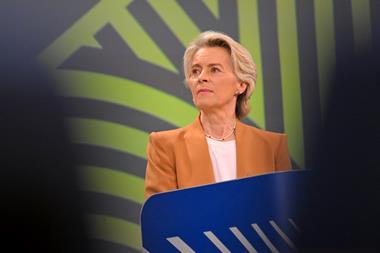
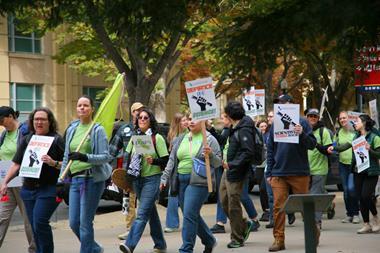
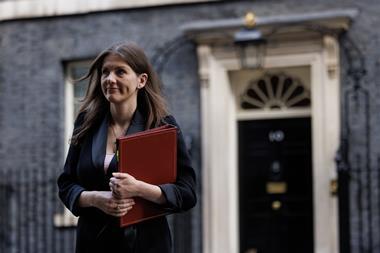

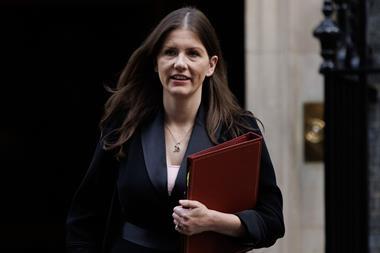
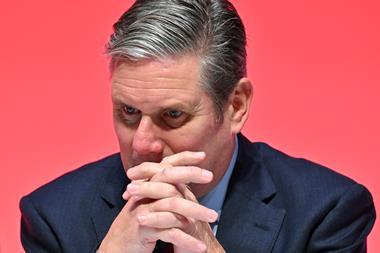






No comments yet